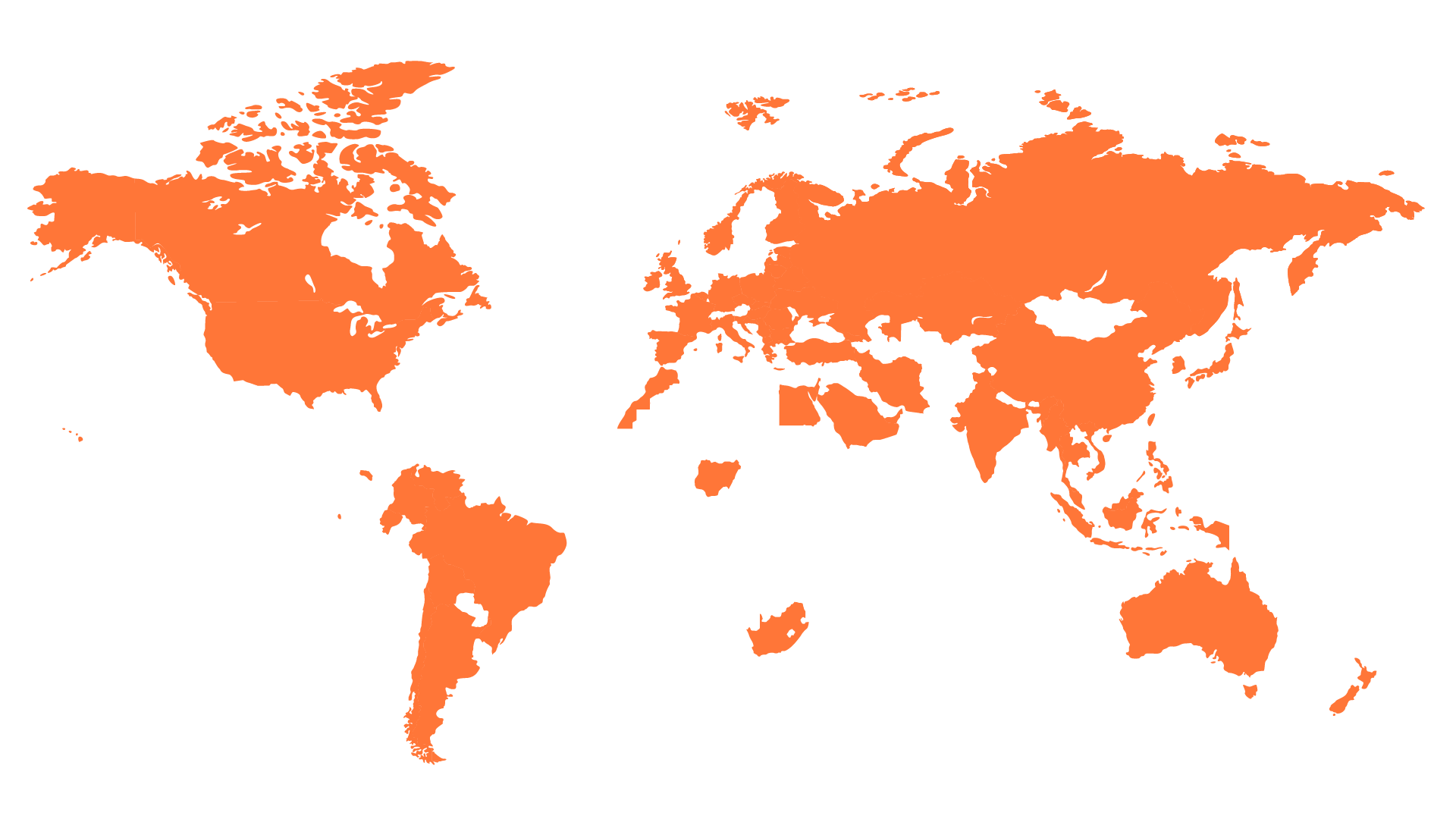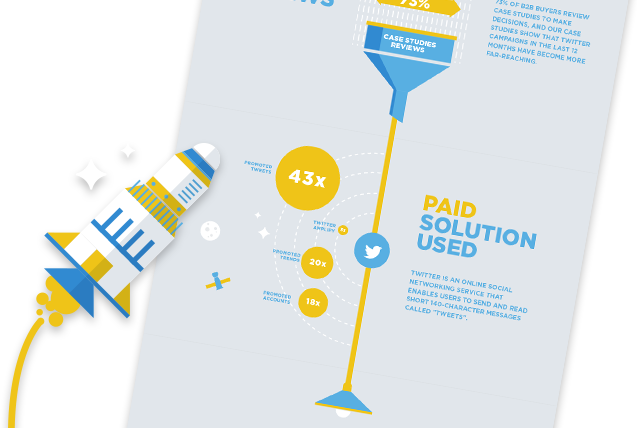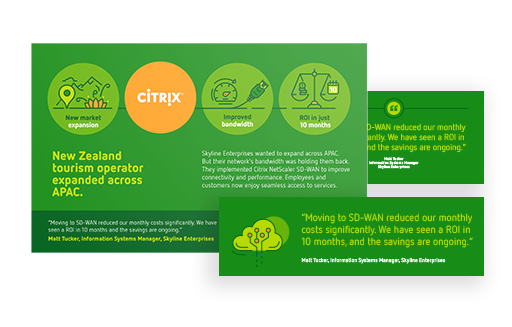
One hour from now, there will be 11,000 more companies in the world. The harsh reality of 3 new businesses being launched every second makes the fight for market supremacy harder than ever, which is why so many startup companies decide to scale globally. What are the 5 most common mistakes companies can make with their global marketing?
1. Not planning your strategy carefully
While it’s impossible to predict all the inevitable bumps on the road of global expansion, a solid strategy can help you reduce their impact on your growth. As startups rely heavily on funding, it is paramount to dedicate enough monetary resources to surviving till the next round of financing. Choosing an inappropriate monetization strategy, like ad-supported revenue instead of subscription-based revenue, will drain your funds before you build a sustainable user base. And finally, scaling too soon or too late can cost you millions of dollars and force you to close up shop.
2. Lack of research
Any reputable business will do thorough market research before making the decision to scale, but when it comes to global marketing, the usual approach is not enough. Every market is different when it comes to legislation, languages and dialects, cultural norms and customs, as well as business etiquette. Even when following a cultural ruleset, there are nuances known only to those familiar with the market at a native level — like the meaning of certain objects, colors and numbers that can put off your prospects without your even realizing why.
3. Choosing the wrong market
A steady flow of prospects and inquiries from a market you don’t cover can tempt you to direct your global expansion efforts towards it, but this should be done only after you have made sure the market is right for your business. Is the market already pretty saturated for the services you plan to offer? If so, how much can you invest in marketing to fend off the competition? If you provide a unique set of services, there is still a chance that the audience won’t understand the benefits or won’t find your services useful. An appropriate product/market fit takes a lot of time and research, but scaling to the wrong market will cost you more.
4. Not localizing your marketing strategy & content
What would happen if you tried to copy a successful marketing campaign that relied heavily on Facebook ads or YouTube videos into a market where these services are banned, like China or Iran? To start with the obvious — messaging channels that are wildly popular in some countries don’t have a large user base in others (take Pinterest, for example). Visual campaign assets that worked in North America or Europe might be considered too provocative or offensive in other parts of the world. Every time you decide to cover a different market, you should consider its specifics and adjust your strategy accordingly.
5. Assuming business will be done in English
According to a study by Common Sense Advisory, 75% of customers in Europe, Asia and South America prefer to buy products in their native language. Even if choose to present your services in English to attract a wider user base, you might want to reconsider localizing the content in different regions.
The customer experience should be one of your main priorities, and the average customer won’t be satisfied with a website that’s lacking content in their native language, or a partially translated website (this happens more than companies would like to admit).
Localization helps send your message the way you intended — without anything getting lost in translation or cultural differences. By sticking to globalized content, you’re depriving your business of the optimal strategy.
What do WhatsApp, Uber, and Springpad have in common? They all made one of these mistakes in their global expansion. If you want to know which one, check out our 13 Global Expansion Fails Ebook.






